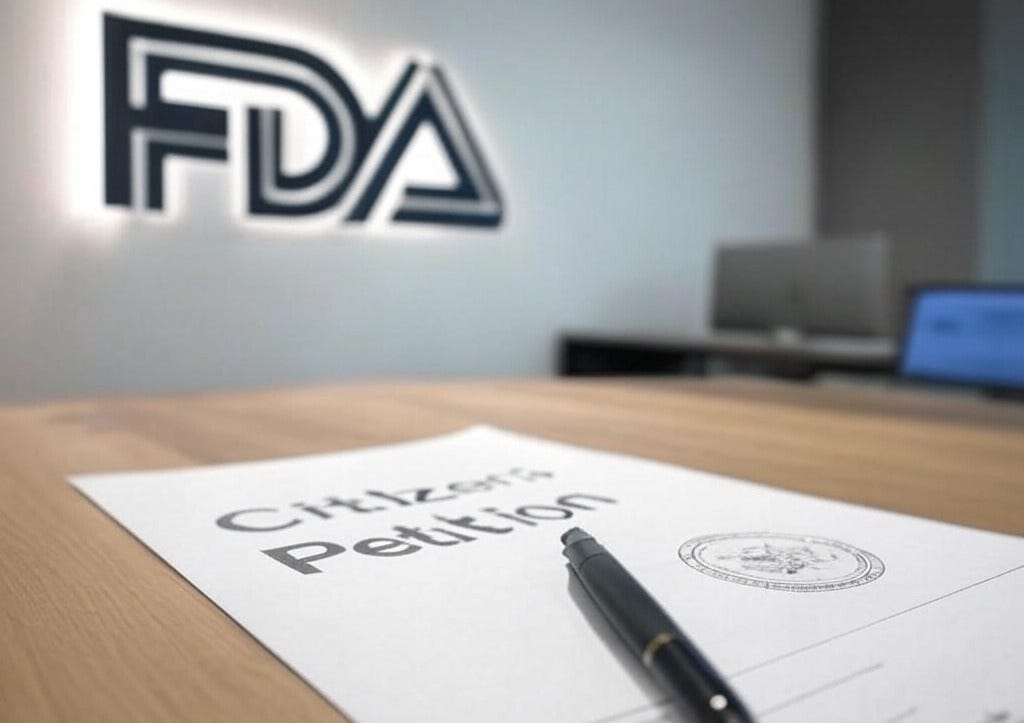Citizen petition demands FDA revoke approval of Covid-19 mRNA vaccines
The petition is now open for public comment.
A Citizen Petition submitted to the US Food and Drug Administration (FDA) on 20 January 2025 is calling for the suspension or outright revocation of Pfizer-BioNTech’s Comirnaty and Moderna’s Spikevax Covid-19 vaccines.
The petition alleges violations of regulatory processes, raises serious safety concerns, and ultimately concludes that the vaccines were “unlawfully approved.”
Filed by lawyer Katie Ashby-Koppens of PJ O’Brien & Associates, the petition is spearheaded by former barrister Julian Gillespie, alongside Chief Scientific Officer and Founder of Medicinal Genomics Kevin McKernan, computational biologist Dr Jessica Rose, virologist Dr David Speicher, and pharmacy consultant Maria Gutschi.



